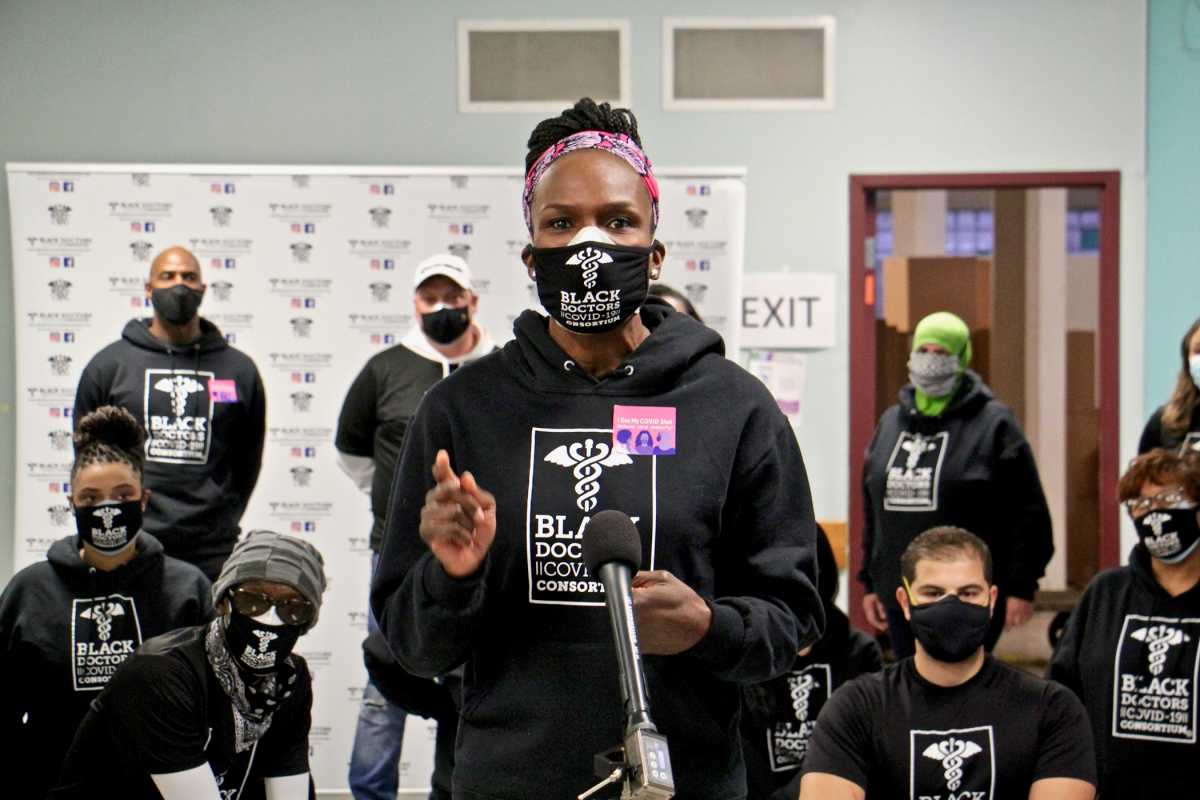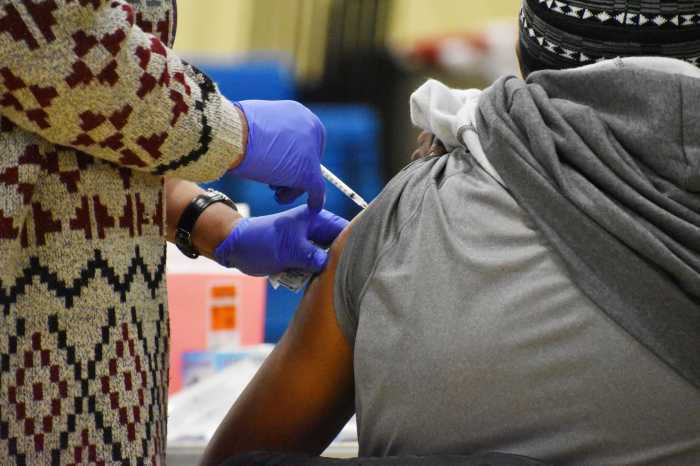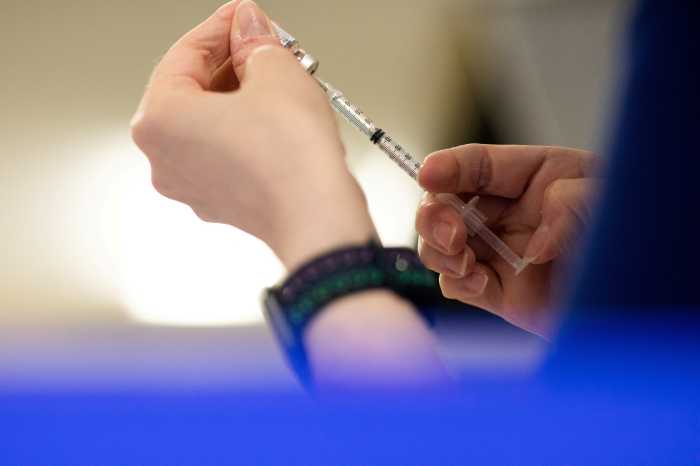At a recent news conference, Dr. Ala Stanford discussed the trauma caused by COVID-19 and the broader effects of post-traumatic stress within Philadelphia’s communities and neighborhoods. Stanford, an adult general and pediatric surgeon and the founder of the Black Doctors COVID-19 Consortium, spoke to the need for behavioral health and psychological counseling in addition to primary care, coronavirus testing, and vaccination services. The pandemic affected everyone physically, mentally and emotionally, Stanford said, as people lost parents, grandparents, and other loved ones.
But COVID-19 affected people disproportionately, too, with Black communities bearing the brunt of cases, hospitalizations, and deaths throughout Philadelphia and other regions worldwide. Over the past 18 months, Stanford and her colleagues at the Consortium watched as the pandemic exposed a century’s worth of disparities in America’s health care system.
The Consortium decided that they needed to act.
“The need is great and our desire to serve is strong,” Stanford said. “And as long as they need us, we plan to be here, but we cannot go back to the health inequities and disparities that were present.”
Last week, Stanford and the Black Doctors COVID-19 Consortium announced the launch of the Center for Health Equity next month, a one-stop shopping preventive care clinic headquartered at Deliverance Evangelistic Church in North Philadelphia. The center’s goal is to change the narrative by building doctor-patient relationships built on trust within Black communities and groups mistreated and lied to by America’s healthcare system for decades, if not longer. As a comprehensive provider, the Center for Health Equity will offer patients various services, according to Stanford, including bloodwork, EKGs, labs, mental health services and more.
The Center for Health Equity announcement came days before Stanford was honored by Points of Light, George H.W. Bush’s legacy foundation, for her efforts to recognize racial health disparities in the face of COVID-19. Stanford received the award at a star-studded event held on Tuesday in New York, hosted by NBC News Live anchor Lindsey Davis, and attended by famous faces such as John Legend and Usher Raymond.
“Dr. Fauci is going to be there [via livestream] and I am excited about that,” Stanford said prior to the event. “I’ve been on calls with him but to get 30 seconds to be able to ask him a question, and I don’t know what it will be yet, but I will be ready when I have the moment.”
The Points of Light Foundation chose to honor Stanford for her swift action in founding the Black Doctors COVID-19 Consortium as African Americans throughout Philadelphia were disproportionately dying from the pandemic. In the early days of the pandemic, most testing sites were located in affluent white neighborhoods, and it was Stanford who worked to change that. Later, she also helped to ensure equity in the vaccine program by instituting a residency ID requirement.
“Points of Light is honored to recognize the impact of Dr. Ala Stanford, her leadership, vision and tireless efforts to meet the most pressing needs of Philadelphians throughout the global pandemic,” Natalye Paquin, president & CEO, Points of Light, said in a statement.
On Friday, Stanford called Centers for Disease Control and Prevention Director Rochelle Walensky’s decision to give COVID-19 boosters to front line workers courageous. But she also reminded everyone that COVID is primarily a pandemic of the unvaccinated. She said that in Pennsylvania, 94% of people with COVID-19 are unvaccinated, 95% of those hospitalized are unvaccinated, and 97% of deaths occur in unvaccinated persons. Right now, Stanford continues to speak with everyone on the fence about the vaccine that she can, using compassion and understanding.
According to Stanford, there’s a race right now between vaccines and variants. “The longer people go unvaccinated, the more variants have an opportunity to develop, to become more virulent, more powerful, more transmissible, more infectious, and more deadly,” she said.
But even as Stanford worries about a fall surge of COVID, she’s focused, too, on the broader disparities facing African Americans in the health care system. The Black Doctors COVID-19 Consortium realized this past year that people need more than coronavirus tests and vaccines. People came to them needing help with labs, medication, health care instructions, and more.
While running mass vaccination clinics, there wasn’t enough time to do it all.
“And so as we often do, we sat down and discussed what’s next,” she said.

























